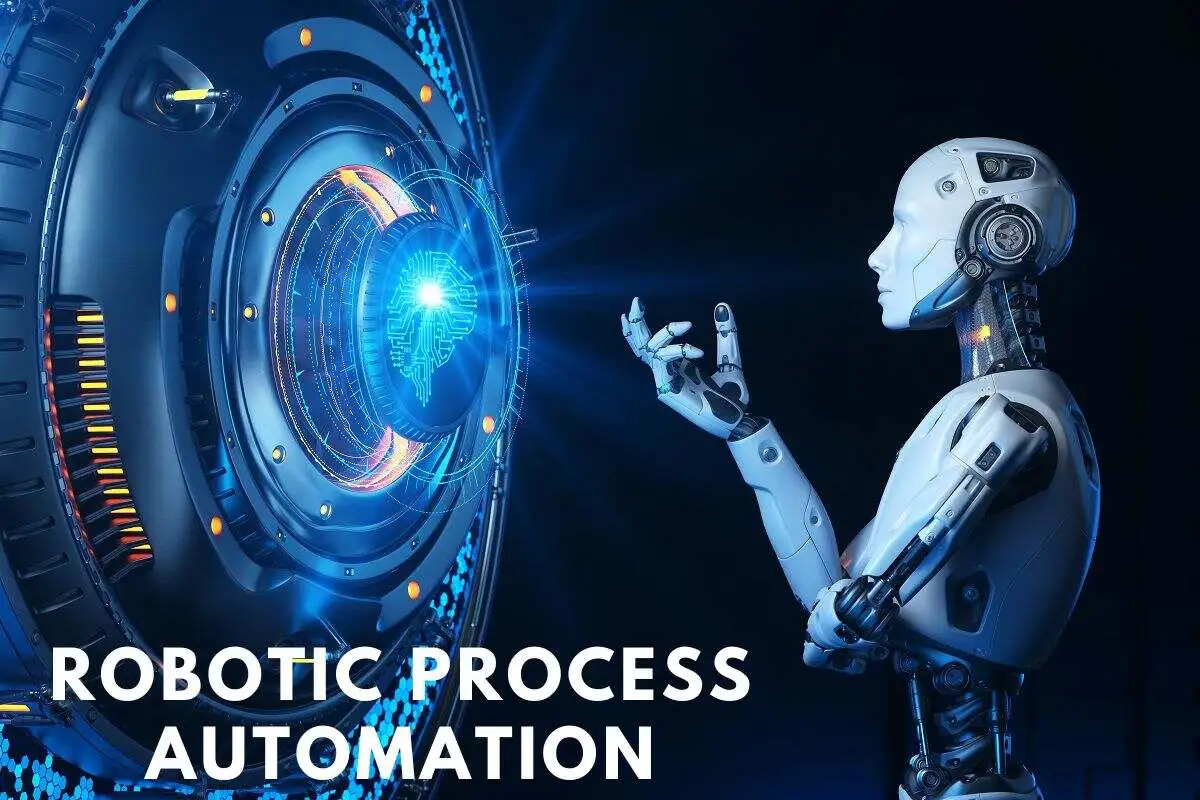Robotic process automation (RPA) is the use of software robots or bots to automate repetitive and rule-based tasks within business processes. RPA software mimics human interactions with digital systems, applications and user interfaces to perform tasks that humans would otherwise carry out.
The technology operates on structured data, following predefined rules and workflows and interacting with different systems to complete tasks efficiently and accurately.
In addition, RPA services such as Cevitr’s RPA solutions offer organizations increased efficiency, cost savings, improved accuracy, scalability and flexibility. It enhances process execution, reduces turnaround times, ensures compliance and contributes to employee satisfaction while building a foundation for further automation advancements.
In this blog, we will explore the various benefits offered by RPA services and the common areas where they can boost effectiveness. So, let us read further.
Benefits of Robotic Process Automation
Increased efficiency and productivity: RPA automates repetitive, rule-based tasks that were previously performed manually by humans. By offloading these tasks to software robots, employees can focus on higher-value work that requires creativity, problem-solving and critical thinking.
Improved accuracy and quality: RPA can result in substantial cost savings for organizations. It enables companies to reduce labor costs associated with mundane tasks and minimize the need for additional human resources.
Improved accuracy and quality: It follows predefined rules and instructions consistently and precisely, reducing the risk of human errors. It eliminated data entry mistakes, inaccuracies and inconsistencies, leading to improved data quality and reliability.
Faster process execution and turnaround times: RPA significantly accelerates process execution by eliminating delays caused by manual interventions, approvals or waiting for human operators. They work at higher speeds and complete tasks in a fraction of the time, resulting in faster turnaround times.
Integration with existing systems: RPA can integrate seamlessly with existing IT systems, applications and databases. It helps in working across multiple systems, performing tasks that span different software applications without the need for complex system integrations or significant changes to existing infrastructure.
Applications of Robotic Process Automation (RPA)
Robotic process automation is a versatile technology that finds application across various industries and business functions. Some common uses of RPA are as follows:
Data entry and processing
RPA can automate the manual entry of data from various sources into systems, reducing errors and increasing inefficiency. It can extract data from documents, spreadsheets, or emails and populate the relevant fields in databases or applications.
Report generation
RPA can automatically generate reports by extracting data from multiple systems, consolidating information, and formatting it into predefined templates. This streamlines the reporting process and eliminates the need for manual data gathering and report creation.
Customer service and support
RPA can assist in customer service and support functions by automating tasks such as reporting customer inquiries, updating customer records, and generating support tickets. It can also retrieve customer information from different systems to provide a personalized and efficient customer experience.
Order processing and fulfillment
RPA can automate order processing tasks, such as order entry, validation and tracking. It can integrate with e-commerce platforms and inventory management systems to streamline the order fulfillment process, reduce errors, and improve order accuracy and delivery times.
Certain other applications, such as financial and accounting processes, human resource operations, IT operations and support, compliance and regulatory processes, supply chain management and quality assurance and testing, can be undertaken using RPA.
Looking to learn more about parallel automation technologies? This article may help you.
Wrapping Up
RPA technology can be customized and tailored to specific business needs allowing organizations to have rapid deployment and faster returns on investments. Organizations that embrace RPA can achieve increased efficiency, accuracy and productivity, leading to greater success and growth in today’s digital era.
In this article, we explored various advantages and applications of Robotic Process Automation for organizational effectiveness and relevance.
Hopefully, this was helpful.




